Iran said key differences remain with world powers over restoration of their 2015 nuclear deal, and called on the U.S. to “rectify what it’s done in the past” in order for talks in Vienna to progress. On Thursday Abbas Araghchi, Iran’s deputy foreign minister and lead negotiator, reflected similar statements made by France and Germany a day earlier. He said the sides were closer “than at any other time” to reaching an agreement, however,as Iran approached Friday’s presidential election, optimism of an imminent breakthrough waned. “Iran wants the negotiating parties to emphasize that what happened with Trump’s exit from the deal will never happen with any other U.S. president,” has been said Araghchi on Thursday.
In the Austrian capital, European diplomats are trying to iron out differences between Iran and the U.S. over outstanding issues blocking a path back to the accord that had removed sanctions from the oil-rich Persian Gulf country in exchange for limits on its nuclear program.
Oil markets are watching very carefully the negotiations for signs of how soon the U.S. penalties, which have been reimposed by then-President Donald Trump after he left the deal in 2018, are likely to be removed and how quickly how quickly OPEC members will increase oil production and boost crude exports. Rumours said talks could be further complicated by Iran’s presidential elections as a hardliner hostile to the West is widely expected to win office. However, Araghchi said on Telegram “I see no concern over the victory of Ebrahim Raisi in the elections; “The nuclear negotiations are within the country’s macro-political framework.” While the president can shape the setting and the attitude of the country’s attitude to the outside world, Supreme Leader Ayatollah Ali Khamenei is in charge of decisions regarding major foreign policy ultimately. He has so far given his approval to talks on condition that the deal guarantees the effectiveness of U.S. sanctions removal and prevents a future administration from broking it again.
The IAEA’s Grossi is confident that the parties would reach a compromise, regardless of who wins Iran’s election. ”The issues are complex, they’re difficult but there could be solutions,” he said.
As negotiations between world powers and Iran are stalled, the return of the country to the world’s markets may be delayed. Without Iran’s oil on the market, the supply decreases and the price of oil has therefore risen over the last days to around $72 a barrel.



